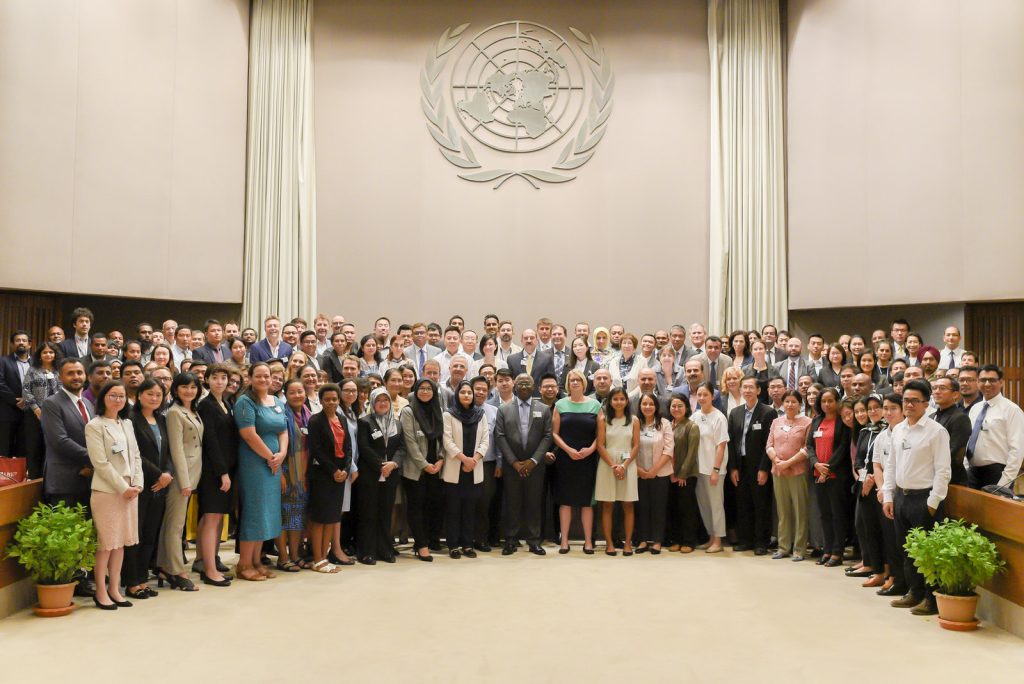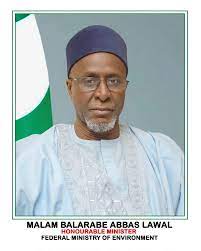
Asia Pacific Climate Week 2023 launches in Johor Bahru, Malaysia, showcasing regional commitment to climate action
The Asia Pacific Climate Week 2023 (APCW) launched today in Johor Bahru, Malaysia, drawing stakeholders, experts, and policymakers from across the region to showcase solutions and innovations, and to foster increased cooperation across borders and sectors in addressing pressing climate challenges.
The Asia Pacific region is already grappling with a range of climate-related challenges, from rising sea levels and extreme weather events to threats to its biodiversity and freshwater resources. As climate change intensifies, the need for robust and inclusive climate action becomes increasingly apparent.
Nik Nazmi Nik Ahmad, Malaysia’s Federal Minister for Natural Resources, Environment and Climate Change, when opening APCW, described Climate change as a global problem which requires collective action from all parties. “Although, Malaysia’s contribution to global greenhouse gas (GHG) emissions stands at 0.69%, we remain determined to play our role to address this global phenomenon. Malaysia has pledged to reduce its GHG emissions by 45% in 2030 compared to the 2005 level. Furthermore, we have set our aspiration to achieve net-zero GHG emissions as early as 2050. We realize the need to ramp up our effort. This year alone, our esteemed Prime Minister launched the National Energy Transition Roadmap and the National Industrial Master Plan which charts the path in our journey toward a net-zero future. Furthermore, we remain firm in transforming our energy system through electrification, energy efficiency and accelerated renewable energy (RE) deployment”.
Participants at APCW will be addressing climate challenges head-on, exploring innovative approaches and sustainable solutions. The discussions and outcomes of APCW, which will conclude on 17 November 2023, will feed into the upcoming UN Climate Change Conference COP28, strengthening momentum for progress on issues such as the energy transition, climate finance, and loss and damage.
Datuk Onn Hafiz Ghazi, Menteri Besar (head of state government) of Malaysia’s State of Johor, said: “Climate change impacts transcend international borders. The consequences of our actions, or inaction, are felt by everyone on Earth. Johor is committed to working with partners in the Asia Pacific, across borders and involving various stakeholders to pave the way towards meaningful and practical solutions. I eagerly await the insights on climate solutions, the challenges they present, and the unique opportunities that can be implemented and replicated here in Johor as part of the Johor Green Deal framework and the Johor Sustainability Centre that Johor launches today in conjunction with APCW.”
APCW is organized along four thematic tracks to delve into the climate action opportunities and challenges. These tracks are: energy systems and technology; urban and rural development, infrastructure and transportation; land use, oceans, food and water; and the socio-economic dimensions, health, and livelihoods.
“The Asia Pacific is on the front line in the battle against climate change and the clock is ticking,” said Simon Stiell, Executive Secretary of UN Climate Change. “Yet with its rapidly growing economies and economic dynamism, the Asia Pacific region has the potential to be a climate pioneer, leading green technologies and innovations, driving global efforts to combat climate change. The Asia Pacific Climate Week provides a platform uniting policymakers, practitioners, businesses, and civil society to catalyze transformative climate solutions.”
APCW 2023 is hosted by the Government of Malaysia’s State of Johor in collaboration with the Malaysian federal government and organized by UN Climate Change in collaboration with global partners including the UN Development Programme, the UN Environment Programme, and the World Bank; and regional partners: the Economic and Social Commission for Asia and the Pacific, the Asian Development Bank, and the Institute for Global Environmental Strategies. Global Compact Network Malaysia & Brunei is supporting APCW 2023 as national partner.
Kanni Wignaraja, UN Assistant Secretary-General and UNDP Regional Director for Asia and the Pacific said: “Asia and the Pacific has suffered more from extreme weather events than any other region in the world. Climate change is posing an existential threat to many small island developing nations and communities in the region. Yet the region has enormous potential to contribute to achievement of the Paris Agreement targets. To fully realize this potential, sustained investment in climate adaptation and energy transitions; debt restructuring and relief; and more climate financing based on vulnerability measures, will be key. I hope the Regional Climate Week will be leveraged as an opportunity to join forces and explore solutions towards a sustainable future for the region ahead of COP28.”
Dechen Tsering, UNEP Regional Director and Representative for Asia and the Pacific, added: “As we’ve seen from the latest Production and Adaptation Gap reports, the world’s dependence on fossil fuels continues and the financing to deal with the consequences is lagging. The Asia-Pacific region is grappling with a range of climate impacts that significantly affect livelihoods and social wellbeing, as well as loss and damage arising from extreme events. The importance of our collective efforts cannot be overstated. Approaching COP28, let’s proactively seize the opportunity presented by Asia-Pacific Climate Week.”







